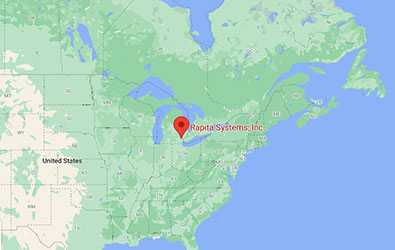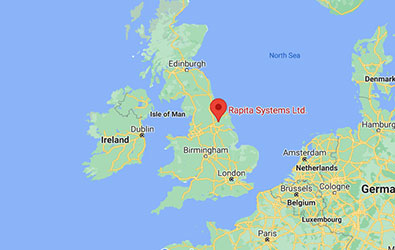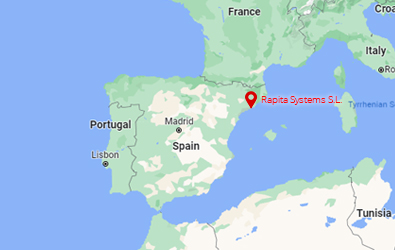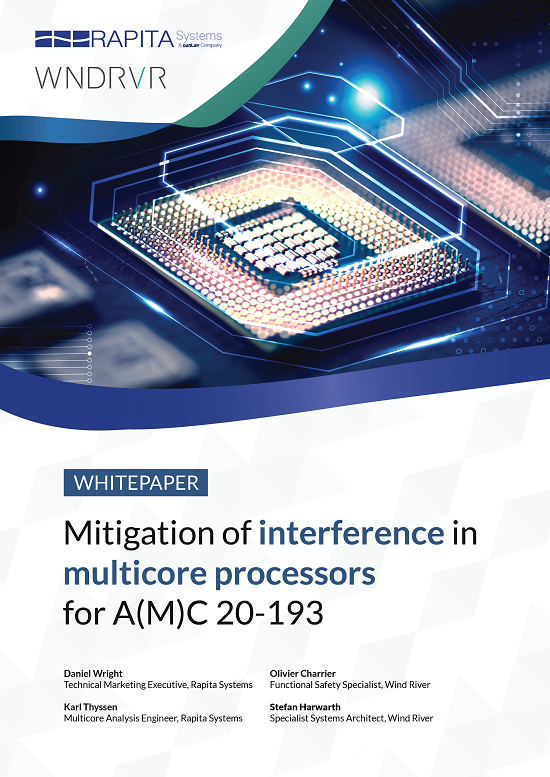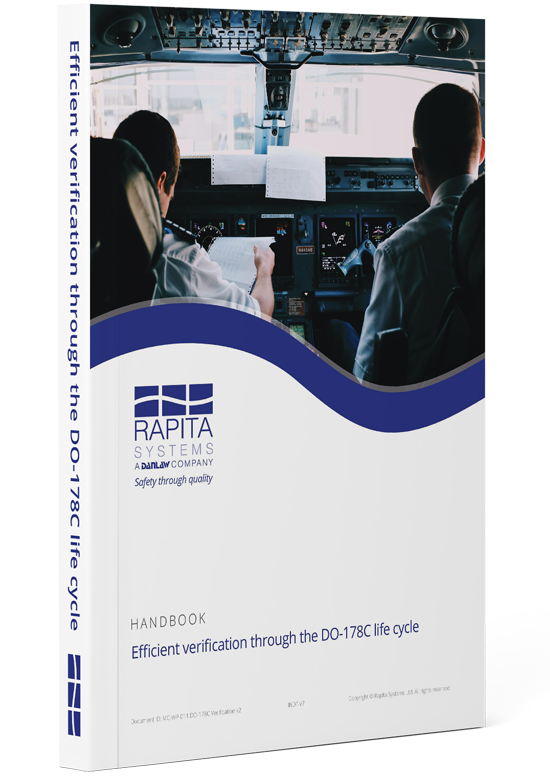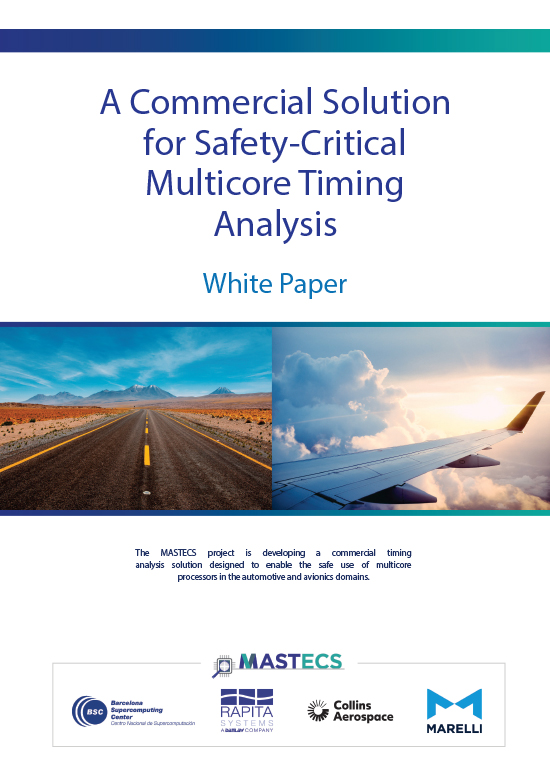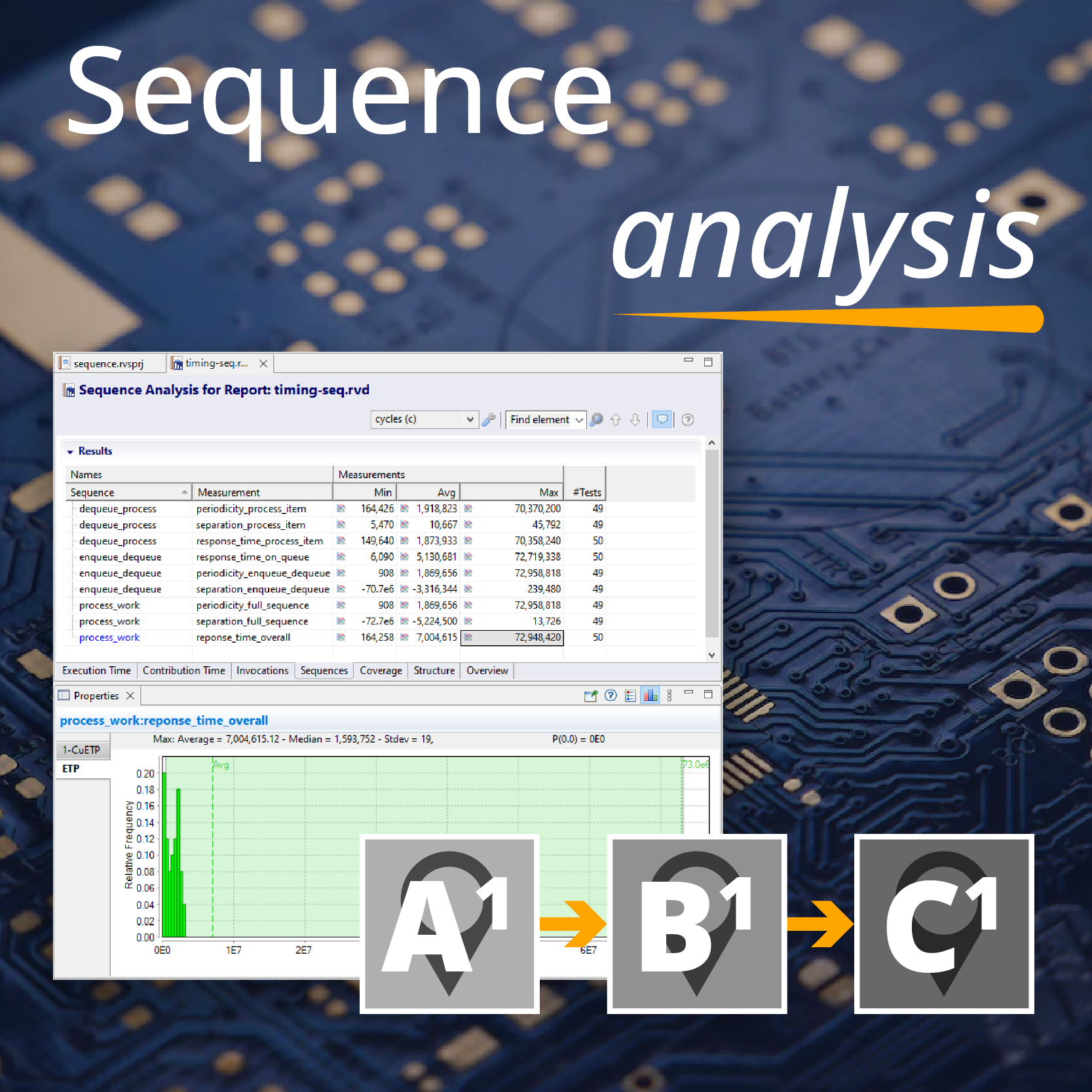We did some analysis on a Freescale P4080 multicore device with cache disabled (a previous blog post explains some of the challenges of doing real-time software in the presence of a cache). A benchmark run was set up with 100 executions of an industry standard benchmark. The same benchmark was used on both core 0 and core 1 of the P4080.
With RapiTime, instrumentation code which highlights the execution of a specific section of code is automatically added. In this experiment, the traces were recorded to common memory, which means the cores needed to arbitrate memory access.
We expected the arbitration to be fair, in other words, for the tests to take the same amount of time to run on both cores. In fact, the results of the experiment showed this not to be the case:
| Core | 1st iteration timestamp | 100th iteration timestamp | Difference for 99 tests | Unit / tests |
| 0 | 133346 | 213306 | 79960 | 808 |
| 1 | 9422 | 56480 | 47058 | 476 |
As can be seen, running tests on core 0 took almost 70% longer, which wasn't the anticipated result. Based on these observations, our inference is that core 0 memory accesses are being held up waiting for core 1 memory accesses.
Sign up to our newsletter to keep up to date with our multicore research activities.

 SAIF Autonomy to use RVS to verify their groundbreaking AI platform
SAIF Autonomy to use RVS to verify their groundbreaking AI platform
 Hybrid electric pioneers, Ascendance, join Rapita Systems Trailblazer Partnership Program
Hybrid electric pioneers, Ascendance, join Rapita Systems Trailblazer Partnership Program
 Magline joins Rapita Trailblazer Partnership Program to support DO-178 Certification
Magline joins Rapita Trailblazer Partnership Program to support DO-178 Certification
 How to certify multicore processors - what is everyone asking?
How to certify multicore processors - what is everyone asking?
 Data Coupling Basics in DO-178C
Data Coupling Basics in DO-178C
 Control Coupling Basics in DO-178C
Control Coupling Basics in DO-178C
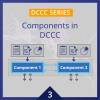 Components in Data Coupling and Control Coupling
Components in Data Coupling and Control Coupling
 DO-278A Guidance: Introduction to RTCA DO-278 approval
DO-278A Guidance: Introduction to RTCA DO-278 approval
 ISO 26262
ISO 26262
 Data Coupling & Control Coupling
Data Coupling & Control Coupling
 Verifying additional code for DO-178C
Verifying additional code for DO-178C
 DO-178C Multicore In-person Training (Bristol)
DO-178C Multicore In-person Training (Bristol)
 XPONENTIAL 2025
XPONENTIAL 2025
 Avionics and Testing Innovations 2025
Avionics and Testing Innovations 2025
 DO-178C Multicore In-person Training (Fort Worth, TX)
DO-178C Multicore In-person Training (Fort Worth, TX)










